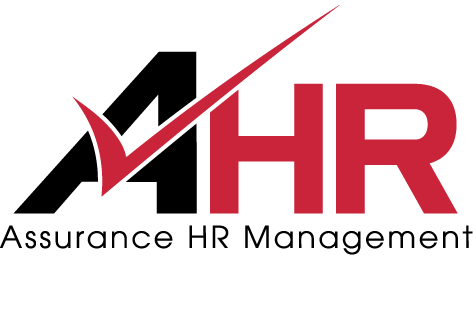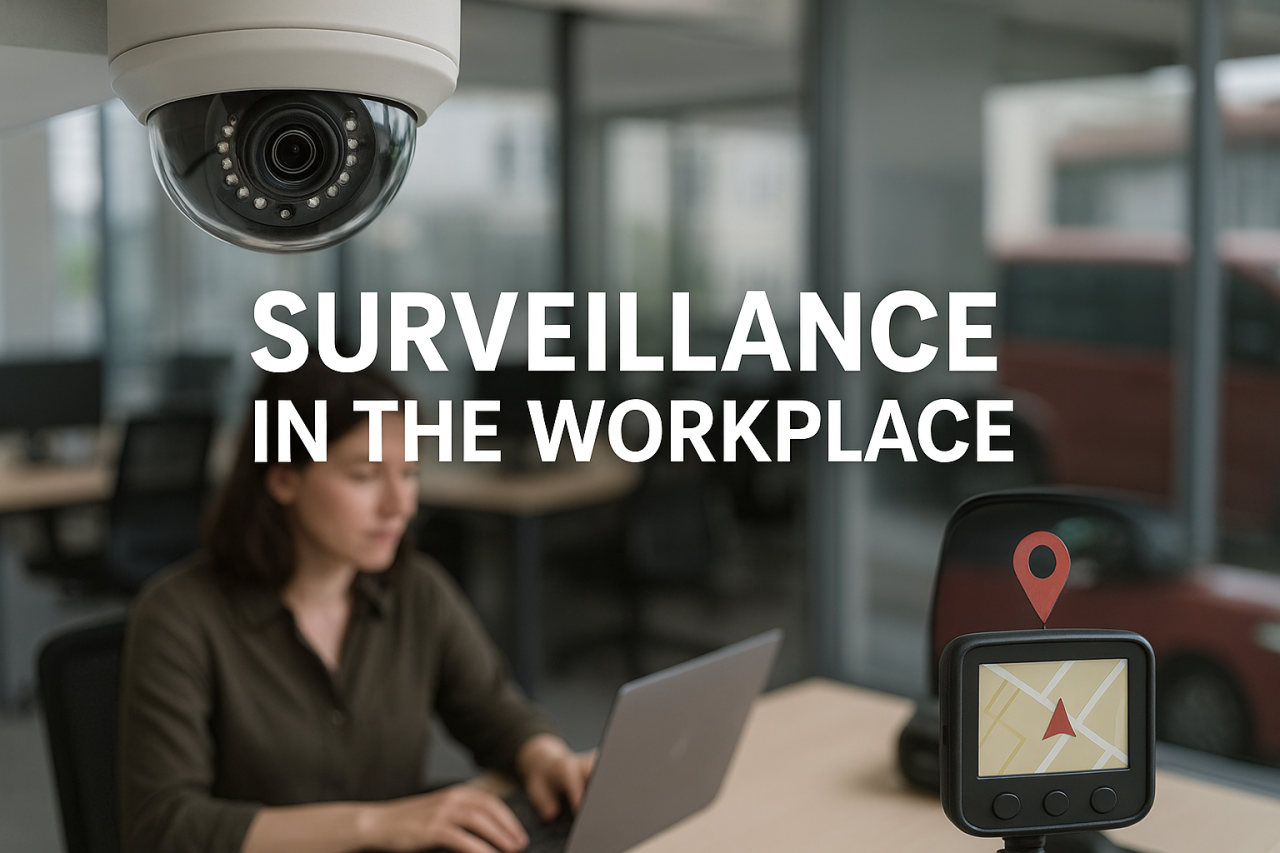When Should a Small Business Run a Workplace Investigation in Australia
1. Allegations of Bullying, Harassment, or Discrimination
If a worker raises concerns about bullying, harassment, or discrimination, a workplace investigation Australia is often required under workplace laws. Under the Fair Work Act 2009 and Work Health and Safety (WHS) laws, employers must provide a safe workplace, and failing to act on complaints could result in legal consequences. Therefore, initiating a thorough workplace investigation Australia is critical to address these serious claims and ensure legal compliance.”
Example:
A worker reports that their manager is making inappropriate comments about their gender or ethnicity. Even if the manager denies the claim, an investigation should be conducted to determine the truth and take appropriate action.
-
Workplace Misconduct or Policy Breaches
If a worker is accused of serious misconduct—such as theft, fraud, violence, or drug and alcohol use at work—an investigation is necessary before taking disciplinary action. Misconduct also includes breaches of company policies, such as misuse of company property or inappropriate workplace behaviour.
Example:
A worker is accused of falsifying timesheets to claim extra pay. Before taking disciplinary action, an investigation should be conducted to verify the evidence and ensure fairness.
-
Complaints of Unsafe Work Practices or WHS Breaches
Under WHS legislation, employers have a duty to ensure a safe working environment. If a complaint is made about unsafe practices, an investigation may be needed to assess the risks, ensure compliance, and prevent harm.
Example:
A worker raises concerns that machinery is being operated without proper training, posing a risk to others. An investigation can help determine whether training is lacking and what steps should be taken to improve safety.
-
Workplace Conflicts That Escalate
While minor disagreements between workers can often be resolved informally, conflicts that escalate into serious disputes, allegations of misconduct, or workplace bullying claims may require an investigation.
Example:
Two workers are involved in a heated argument, and one later claims the other made threats of violence. An investigation would help establish the facts and determine if disciplinary action is necessary.
-
Whistleblower or Anonymous Complaints
If a worker submits a whistleblower complaint about misconduct, corruption, or unethical behaviour, an independent investigation may be required to assess the validity of the claims. The Corporations Act 2001 provides protections for whistleblowers in certain businesses, so handling such complaints properly is critical.
Example:
A worker submits an anonymous complaint alleging that a manager is accepting bribes from suppliers. Even without a named complainant, the business should conduct a confidential investigation to verify the claims.
-
Allegations of Unfair Treatment or Favouritism
If a worker claims they are being unfairly treated—such as being denied promotions, unfairly dismissed, or given fewer hours than others without a valid reason—an investigation can help determine if the complaint has merit and whether corrective action is needed.
Example:
A worker claims they were demoted because they refused to work unpaid overtime, while others who complied were promoted. An investigation would help determine if there was an unfair practice at play.
How to Conduct a Workplace Investigation Australia
If a workplace investigation is needed, small businesses should follow a structured approach:
- Decide Whether an Investigation is Necessary
- Assess the severity of the allegation.
- Determine if the issue can be resolved informally or if a formal investigation is required.
- Appoint an Independent Investigator
- If the issue involves senior management or is complex, consider using an external investigator (like Assurance HR).
- Gather Evidence
- Collect witness statements, emails, CCTV footage, and other relevant documents.
- Interview Key Parties
- Speak to the complainant, the accused worker, and any witnesses.
- Ensure procedural fairness and allow both sides to present their version of events.
- Assess Findings and Take Action
- Determine if the allegations are substantiated.
- Take appropriate action, such as disciplinary measures, policy changes, or mediation.
- Document Everything
- Maintain clear records of the investigation, findings, and actions taken.
- If Fair Work or a legal body investigates later, documentation is crucial.
What Happens If a Business Fails to Investigate?
Failing to conduct a workplace investigation in Australia can lead to legal claims, fines, and reputational damage.
-
- Legal claims: Workers may take claims to the Fair Work Commission, Safe Work Australia, or anti-discrimination bodies.
- Fines and penalties: Breaching WHS laws or the Fair Work Act can result in significant fines for businesses.
- Reputational damage: If a business is seen as ignoring workplace issues, it can damage trust among workers and customers.
- Workplace culture issues: Ignoring complaints can lead to low morale, high turnover, and ongoing conflicts.
Need Help with a Workplace Investigation?
Running a fair and compliant workplace investigation can be complex, especially for small businesses that lack dedicated HR or legal teams. Assurance HR specializes in conducting independent workplace investigations, ensuring compliance with Australian laws while protecting your business.
If you need assistance, contact Assurance HR today—because every small business deserves a fair and safe workplace!




